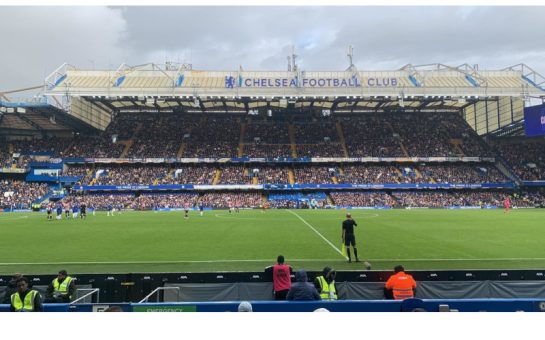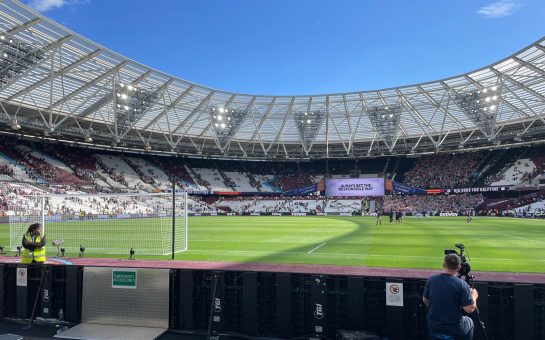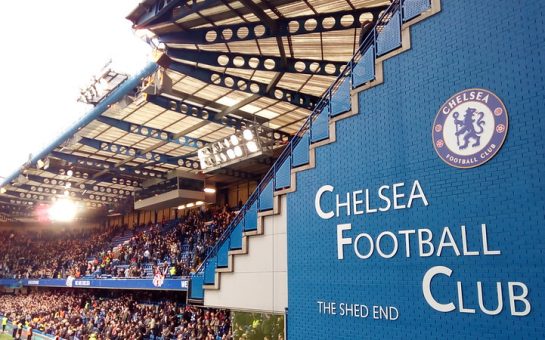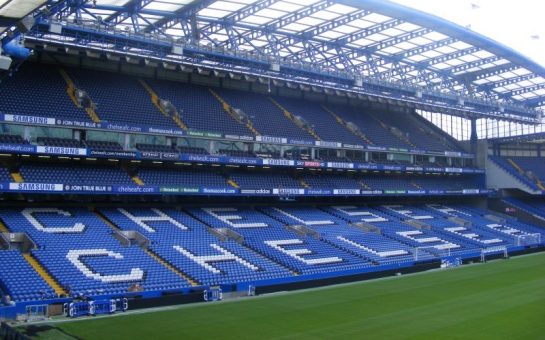As quick as things came to life regarding the creation of the Super League, the idea was gone, with Chelsea being one of the first clubs to pull out.
But in terms of fan feeling towards the club, the damage had already been done in many respects.
Chelsea have been a club built by money over the years, but that money has been used well and brought success to the club, which has been thoroughly enjoyed by fans.
This money was different though and would be made by taking away the game from fans, which is what has caused so much unrest.
Why did Chelsea want to join the Super League?
The simple answer here is money. The big complaint from bigger Champions League clubs has been their lack of reward for playing in the competition and not being able to make as much money as they would like.
The Super League offered them the chance to do that, with more games played, all of them coming against the biggest clubs which will lead to bigger gate receipts, more TV revenue and more general competition revenue.
When you look at the Champions League, there are many clubs involved in the competition, who are all paid money for participating in the competition at the different stages, including qualifying.
By closing the shop, the bigger teams would generate more cash in the Super League, and also keep it all to themselves, without sharing it.
Don’t be surprised to see and hear about this in the sports news in the future, but for now, it seems the idea has been buried.
Was the Super League a bad idea?
While the Super League is a good way for the clubs to generate what they want, which is more money, it is certainly a bad idea for the whole of football.
Creating what is effectively a franchise league, with no promotion or relegation involved, cutting out many teams and making the rich get richer is not going to help the overall game.
This is both in terms of making the domestic leagues as competitive as possible, and also growing and improving the game in the smaller nations.
Without relegation there would be a lot of dead games towards the end of the league element of this.
That would lead to lower interest, either from neutrals watching or those who are using new betting sites to place bets on the games.
These become instantly less appealing if the game has nothing to play for as both teams cannot qualify for the knockout phase, but they know relegation and losing their place is not an option.
Why did fans oppose the move?
The great news is that fans saw this for what it was, a way to get rich and try to cut out other clubs, which was firmly rejected by the footballing world.
Playing in a competition where the majority of teams get to compete every year, even if they play poorly and don’t do well in their domestic leagues does not sit well with fans.
That is right, because although we all want to win, we also want competitive football and to feel good after a win.
Think back to when Chelsea dramatically won the Champions League on penalties back in 2012 against Bayern in Munich.
That was a team put together over a few years, loaded with stars and ultimately playing well in the Premier League to ensure they qualified for the Champions League.
Then they went into Europe, in an open competition where the best teams all qualified, they played the best on a level playing field and beat them to lift the trophy.
Would the feeling that Chelsea fans had after that have been the same had the Super League rules been in place, and Chelsea would have automatically made the competition, and perhaps not faced the best teams at the time.
It wouldn’t, and that is a feeling that football fans don’t want to lose.
Can the damage be repaired?
It is going to be incredibly tough for the Chelsea board to win over the fans, but the good news is that this has all happened when fans are not in grounds.
Chelsea are not on their own here, the other five English clubs will face a similar backlash.
Whether the damage is fully repaired or not, the gap between this happening and fans returning in full to the grounds will only help clubs manage the situation and try to keep people on side.
Featured image credit: Mark Harkin via Flickr under CC BY 2.0 license




